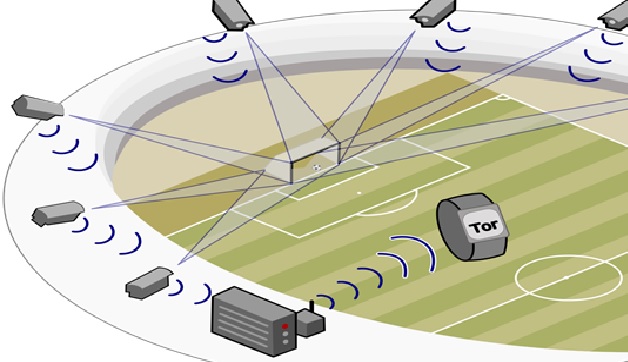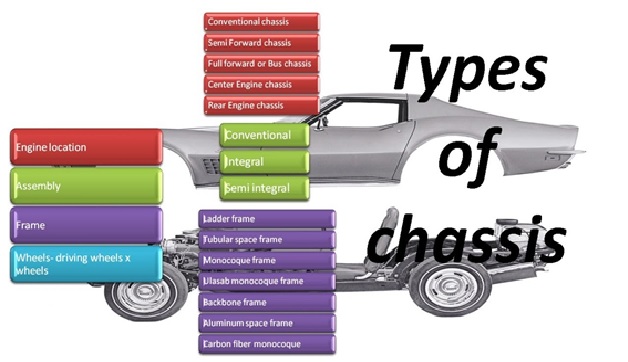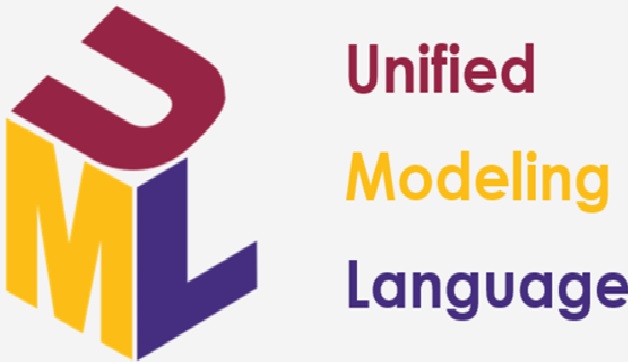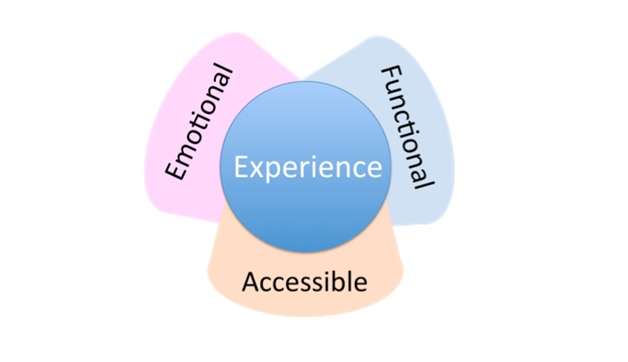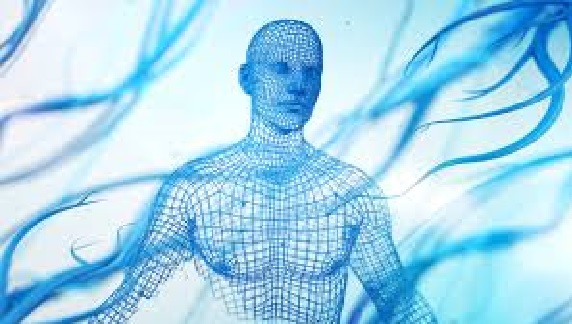The Emergence of Human Language
That's a fascinating topic! The emergence of language is one of the biggest mysteries in human evolution. If our unique language capacity existed at least 135,000 years ago, that suggests the necessary cognitive and anatomical structures—like changes in the brain and vocal tract—were already in place. However, the idea that language entered full social use around 100,000 years ago implies a gradual evolution rather than a sudden emergence.

Figure 1. The Origins of Human Language.
This timeline aligns with the migration of modern humans out of Africa and the development of more complex social structures, which language would have played a crucial role in supporting. It also raises the question of whether early Homo sapiens already had a fully developed language or if it evolved from simpler communication systems over time. Figure 1 shows The Origins of Human Language.
That’s a compelling argument! If all human languages share a common origin, then tracing the earliest population splits provides a solid estimate for when language must have already been in use. The idea that language capacity predated the first major human dispersals makes sense, as it would have been crucial for organizing social groups, teaching survival skills, and passing down knowledge.
It also aligns with archaeological evidence of symbolic behavior—such as ochre use, engravings, and early tools—which suggests cognitive complexity. If early Homo sapiens already had the ability to speak 135,000 years ago, that pushes the origin of language back significantly, possibly even to earlier hominin species.
Miyagawa's argument is intriguing because it grounds the origin of language in a combination of genetic evidence and linguistic commonalities. If all human languages stem from a common source, then tracing the first major population split gives us a reasonable estimate of when language was already in place. The narrowing of this window to around 135,000 years ago is significant—it suggests that Homo sapiens already had fully developed linguistic capabilities before dispersing into separate groups.
His emphasis on cognitive ability rather than just vocalization is also key. While other hominins, like Neanderthals, had vocal tracts that may have supported speech, the real leap forward was in structured, rules-based language. That shift—from making sounds to generating infinite expressions using syntax—was a turning point.
Miyagawa's point highlights what makes human language truly unique—the combination of words (vocabulary) and syntax (rules for combining words). Other animals communicate through sounds, gestures, or even structured vocalizations (like birdsong or primate calls), but none have a system that allows for infinite creative expression.
This ability to combine and recombine words into new meanings is what enables storytelling, abstract thinking, and complex cultural transmission. It also explains why humans can discuss past events, plan for the future, and share hypothetical ideas—things no other species can do at our level.
Miyagawa’s argument is compelling because it connects the cognitive capacity for language with the archaeological record of symbolic behavior—which makes sense. If language truly preceded its full social use, then early humans may have been "thinking in language" before they were regularly speaking it to others.
The idea that language ignited symbolic thought is fascinating. If true, then the explosion of symbolic activity—such as engravings, ochre use, and ritual behaviors—wasn’t just a random cultural shift but a direct consequence of humans starting to communicate in complex ways. This would mean that language wasn’t just a tool for survival but a force that reshaped how humans thought, learned, and innovated.
The alternative theory—that language was just one piece of a broader cultural evolution—makes sense too, especially given how complex societies rely on multiple interwoven factors. But if language was the catalyst, it explains why humans suddenly began expressing themselves in ways no other species ever did.
Source: MIT NEWS
Cite this article:
Priyadharshini S 2025, “The Emergence of Human Language”,AnaTechmaz, pp. 303



